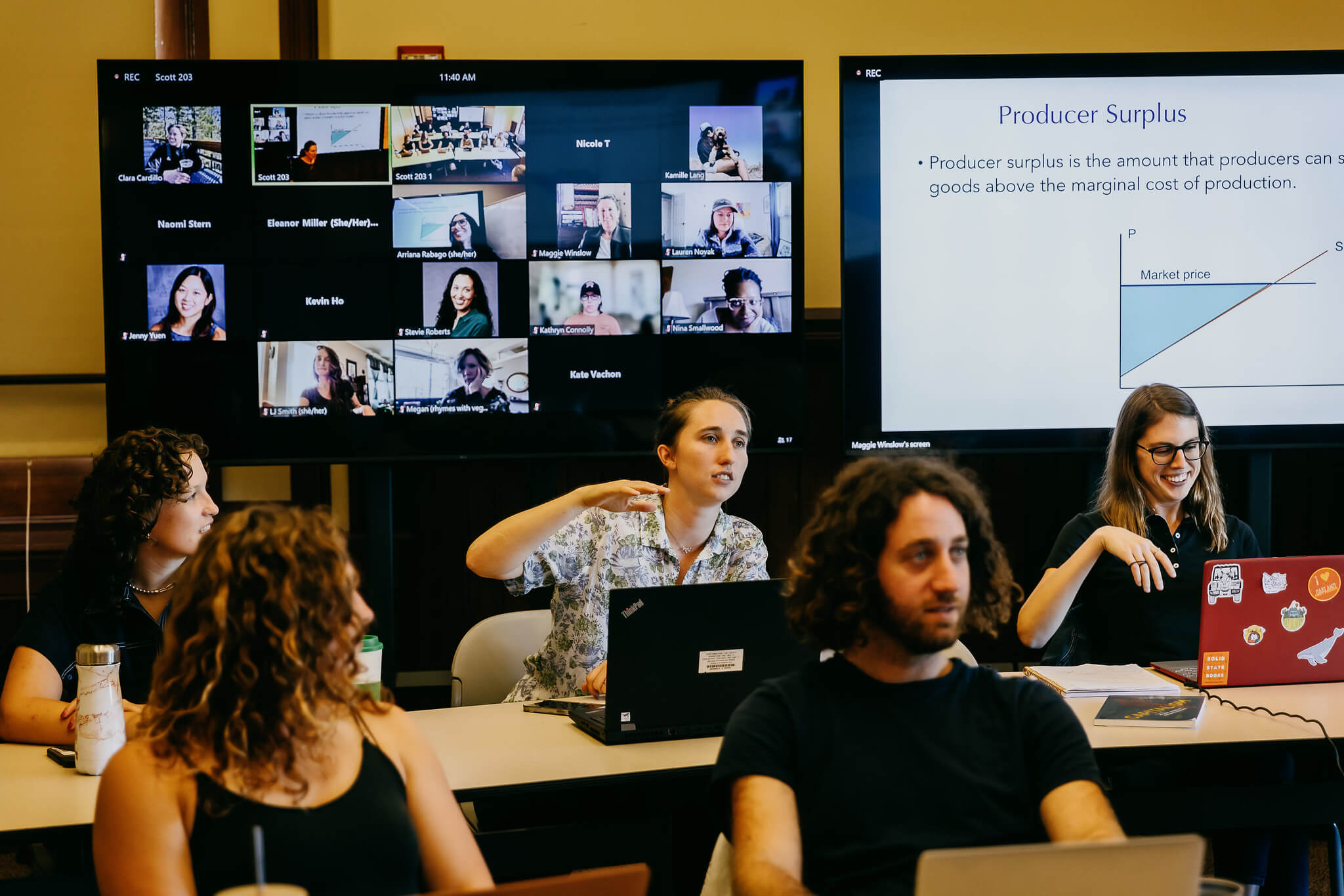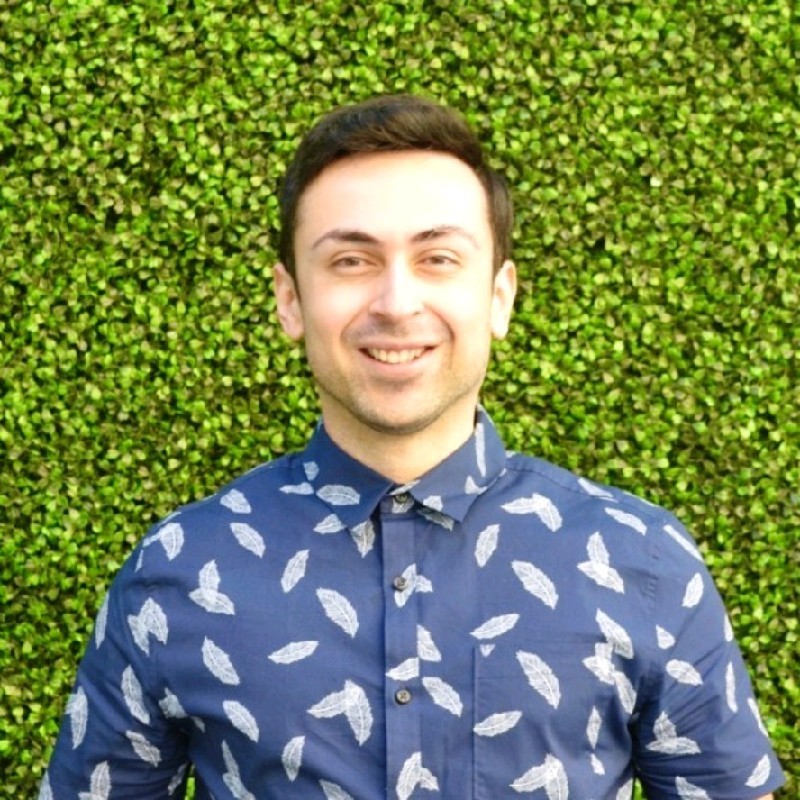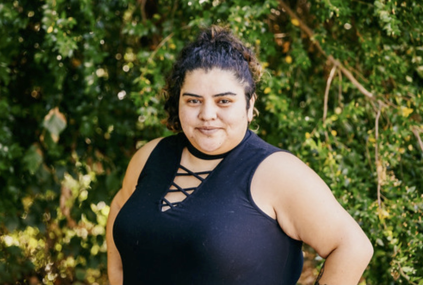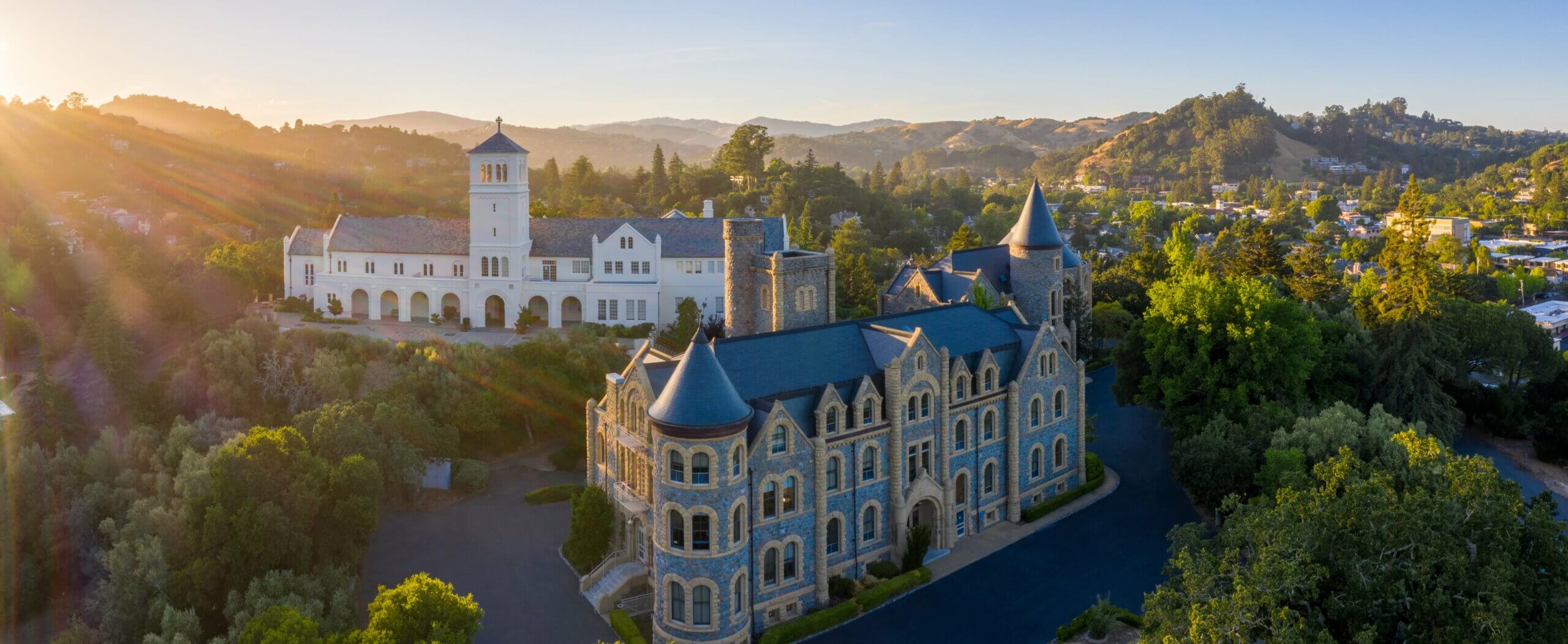Presidian Blog
Designing Sustainability into Cleantech Startups
Marsha Willard, Faculty Chair at Presidio Graduate School, recently presented at the Cleantech Open annual conference on June 2. Cleantech Open runs the largest clean technology accelerator program in the world having trained close to 4,000 entrepreneurs from 2,000 early-stage, clean-tech start-ups. The Booster Marsha presented the Presidio’s tool for startups – the Business Sustainability …
Understanding the Role of an Environmental Policy Analyst
In the contemporary landscape, the intersection of environmental concerns and public policy has become increasingly crucial. As we navigate complex global challenges such as climate change, biodiversity loss, and resource depletion, the need for informed decision-making and effective policy solutions is paramount. This is where environmental policy analysts play a pivotal role. At the forefront …
Elevate Your Career with a Certificate After a Graduate Degree
In today’s competitive job market, individuals are constantly seeking ways to stand out from the crowd and advance their careers. One effective strategy gaining momentum is earning a certificate after completing a graduate degree. Whether you’re looking to deepen your knowledge in a specific field, pivot to a new industry, or enhance your skill set, …
Lights, Camera, Climate Action: How Presidio Alumni are Pioneering Sustainable Change in Entertainment
The Imperative for Sustainability in Entertainment In an era where the spotlight shines ever brighter on the harsh realities of climate change, the entertainment industry stands at the intersection of both challenge and opportunity. From the glitz of Hollywood blockbusters to the pulsating energy of live music concerts, the industry churns out millions of climate-warming …
Presidio Partnerships: How the Rivet Scholarship Paved Sarahi Suarez-Perez's Path to Presidio Graduate School
Presidio proudly announced our first Rivet Scholar in Fall 2023. The Rivet School is a Bay Area-nonprofit that supports traditionally underserved students in their pursuit of a college degree. As part of Presidio’s commitment to social justice and DEI, we partnered with the Rivet School to enable their alumni to attend Presidio with a significant …
The 9 In-Demand "Green" Jobs in 2024
In a world increasingly focused on sustainability and combating climate change, environmental careers have become some of the most sought-after professions. From renewable energy to conservation efforts, individuals are turning their passion for the environment into fulfilling careers that make a tangible difference. As we step into 2024, the demand for “green” jobs continues to …
What Does a Sustainability Consultant Do?
In an era where environmental consciousness and corporate responsibility have become paramount, the role of a sustainability consultant has emerged as a pivotal force in guiding businesses towards more sustainable practices. Presidio Graduate School, known for its focus on sustainability and social impact, offers insight into the multifaceted responsibilities of these professionals. But what exactly …
Presidio Graduate School Finds a New Home at the University of Redlands Marin Campus
Change is a fundamental aspect of growth and development, and educational institutions are no exception. As announced in December 2023, Presidio Graduate School is in the process of merging with the University of Redlands, and as one important step, began hosting classes on its northern California campus in September 2023. This strategic move marks a …
10 Reasons Why an Environmental Career is For You
Defining your career trajectory is an exciting time in your life. If you’re interested in helping to care for and protect the planet and be a part of solutions for sustainability, an environmental career may be the perfect path to explore. According to the U.S. Bureau of Labor Statistics (BLS), thousands of jobs will be added in …
Top 8 Issues in Sustainability in 2023 and How You Can Make an Impact on Them
For four days in a row at the beginning of August, Earth recorded its highest average global temperature ever, a fact that — coupled with some devastating storms — has pushed climate change back into the national news cycle. But for many of us, the focus on sustainability and long-term environmental change isn’t just a …










